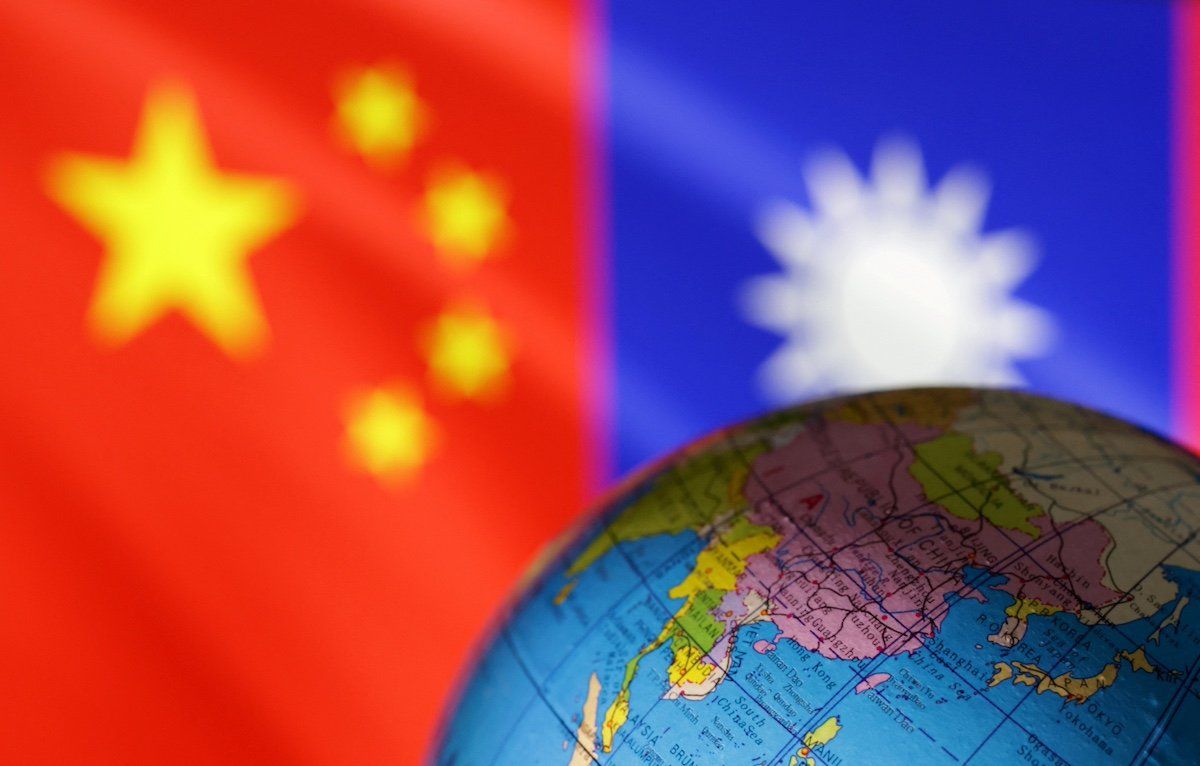Beijing has slapped sanctions on five American arms manufacturers, escalating tensions ahead of Taiwan's national elections set for Jan. 13. The decision is payback for the US State Department's approval last month of a $300 million arms package to boost Taipei's defense capabilities, due to China’s renewed threat to assert its sovereignty over the island by military means.
In sanctioning the companies, China's Foreign Ministry was blunt. "The US arms sales to China’s Taiwan region … seriously harm China’s sovereignty and security interests." The five firms – BAE Systems Land and Armament, Alliant Techsystems Operation, AeroVironment, ViaSat, and Data Link Solutions – have had their Chinese assets frozen and are forbidden from “transacting or cooperating” with any organizations or individuals inside the country.
The sanctions are just the latest salvo in a multipronged offensive by China to influence the outcome of Taiwan’s vote. Chinese warplanes and surveillance balloons make regular sorties in Taiwan’s airspace, and scores of its citizens have been arrested or detained while visiting the mainland. Online misinformation campaigns spread negative news about the United States, while Taiwan's pro-Beijing local officials are treated to subsidized trips to China.
And while a pro-unification ticket featuring two opposition candidates collapsed, Beijing still has its preferred candidate, Hou Yu-ih of the Kuomintang Party. Hou now faces off against the favorite, Vice President William Lai of the Democratic Progressive Party, as well as “wildcard” Ko Wen-Je of the Taiwan People’s Party.
In light of all this action, Taiwan's Foreign Minister Joseph Wu has promised a post-vote analysis of China's influence and disinformation campaigns. Beijing has dismissed these allegations as electoral theatrics, accusing the DPP of "hyping up" a military threat for political gain.
Wu, however, sounds a warning. "Should China succeed in shaping the outcome of voting in Taiwan, it will apply the same tactics to other democracies to promote its preferred international order." In 2024, Taiwan’s elections aren’t just about choosing a leader, but a litmus test for democracy.






